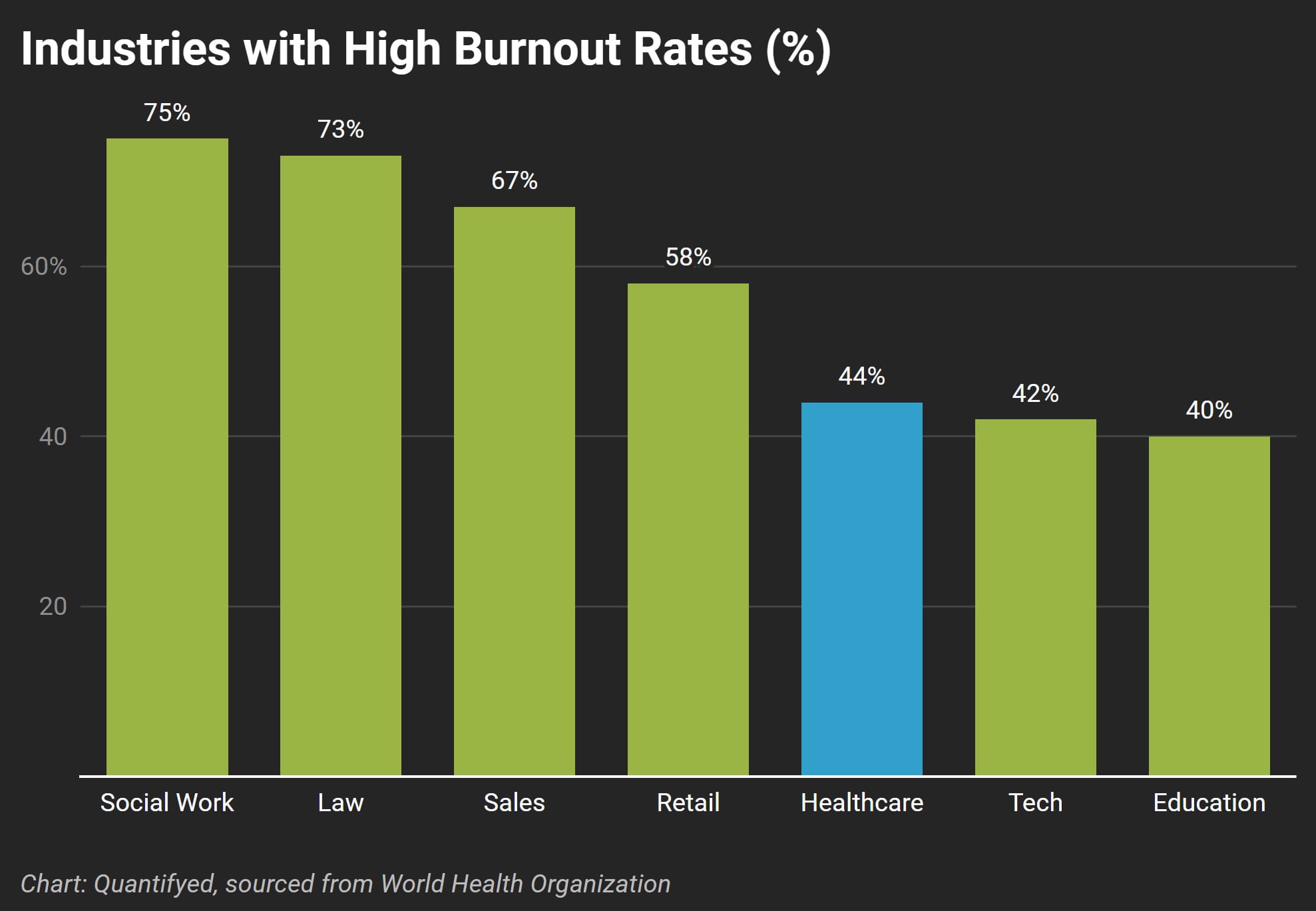Featured Posts

The drop happened fast! If you blinked sometime in February, you might’ve missed that we were at new all-time highs. Now? We're in full correction territory. Just yesterday, the S&P 500 fell more 2%, and now close to 10% in less than a month. Not

Did you know that 56% of Wisconsin’s agricultural exports could be impacted by tariffs from Canada, Mexico, and China? Wisconsin now represents the 11th largest exporter of agricultural products in the U.S., up from 13th in 2023 (WI DATCP). In 2024, Wisconsin’s agricultural exports reached $3.97

So, here’s something no one seems to be making a big deal about: tariffs are rising fast, and they’re dragging the US economy down. You won’t hear much about it in the headlines, but the effects could start to pile up. Higher prices, weaker growth, and more

In the past year, gold has been steadily climbing, central banks have been buying at record levels, and the macro setup could be pointing to its biggest move in decades. But, it doesn't seem like investors aren’t paying attention. Stocks dominate the headlines, and gold still carries

Healthcare is on the brink of a $300 billion transformation. Who knew saving money and lives could be as simple as turning to AI? Well, maybe not simple, but definitely useful.
Over $4.5 trillion is spent annually on healthcare, with $300 billion going to administrative operating expenses. These expenses are largely due to repetitive (and often boring) labor-intensive tasks.
Generative AI would address those inefficiencies by automating office operations and reducing labor costs. AI can streamline tasks such as scheduling, billing, and data entry, freeing up resources for patient care.
Innovating Healthcare: Three Key Categories
Generative AI has the potential to benefit healthcare by transforming three key categories: patient engagement, documentation, and clinical decision-making.
- Patient Engagement: AI can hugely impact patient engagement through three main phases: pre-consultation discovery, optimized medication intake, and post-consultation care. For instance, the Cleveland Clinic handles over 6 million calls monthly, an issue begging for AI's help. By automating tasks such as appointment reminders and medication adherence, AI could improve efficiency and patient outcomes.
- Streamlining Documentation and Reducing Burnout: You ever remember your last doctor’s appointment? Did you notice how a general checkup has your doctor manually inputting info onto a computer? AI could assist in transcribing that interaction and managing records, reducing burnout among healthcare professionals.

- Enhancing Decision Making with AI: AI's ability to analyze vast amounts of medical data would help doctors make informed decisions. This can lead to better patient outcomes and extended longevity (which is our end goal).
In the broader context of healthcare, companies are really competitive. Over the past decade, providers have operated with razor-thin margins and are often unwilling to spend on promises of long-term cost efficiencies.

AI’s integration is part of a larger trend towards automation in our world. We have a $300B opportunity to reduce costs, improve patient care, and drive innovation in healthcare.


